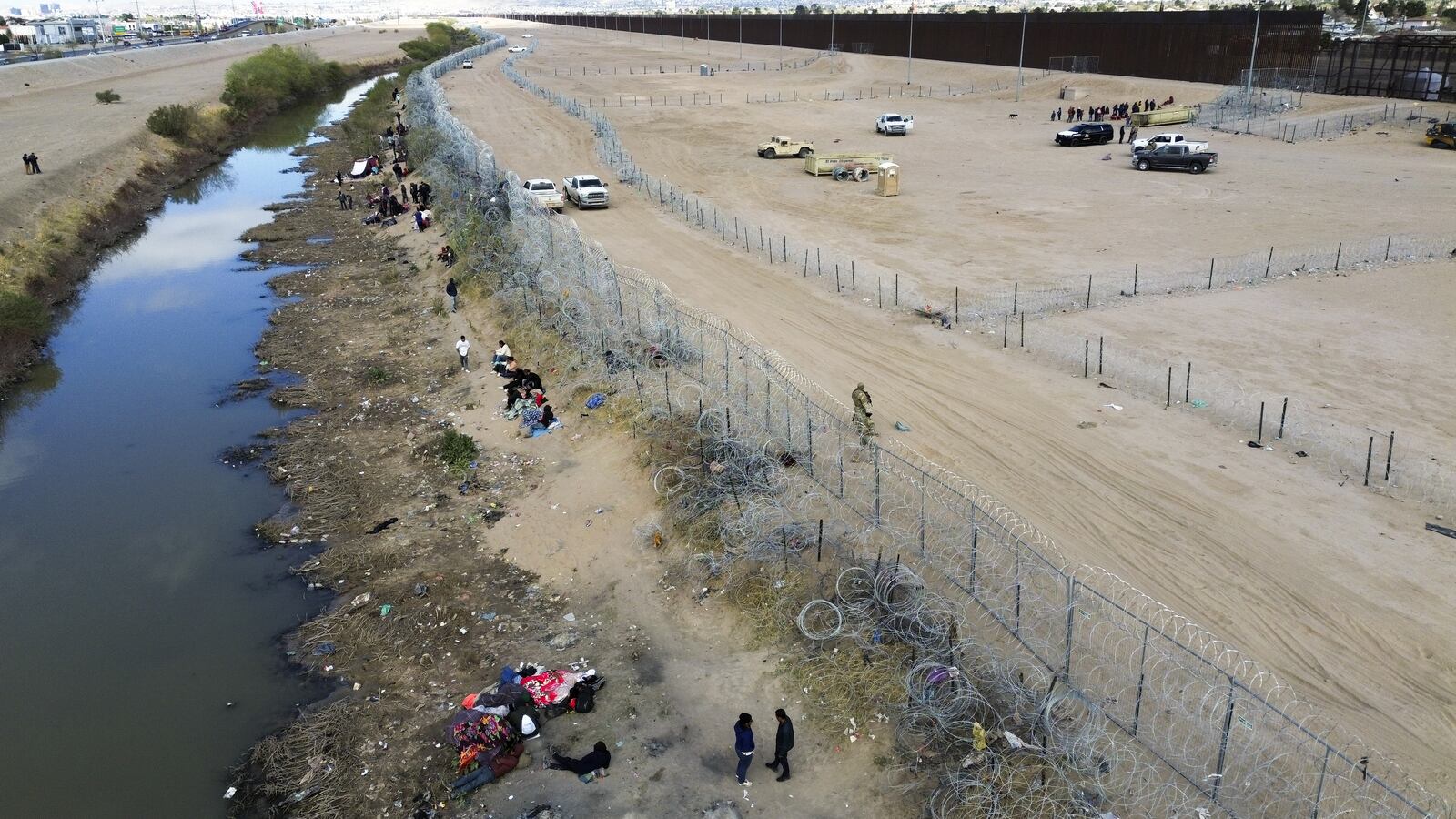A federal appeals court made a ruling on Texas’ controversial immigration law on Tuesday night, pausing it just hours after the Supreme Court ruled that the state can enforce the law, which permits state authorities to arrest and detain anyone they suspect of being in the country illegally.
The vote of a panel of three judges at the 5th US Circuit Court of Appeals saw a 2-1 result in favor of clearing a previous ruling from the same court to enforce the law, a brief order announced.
The same panel of judges who voted Tuesday night will hear arguments about the law, Senate Bill 4, before the court on Wednesday.
Circuit Judge Andrew Oldham objected, claiming, “I would leave that stay in place pending tomorrow’s oral argument on the question.” Judge Priscilla Richman and Judge Irma Carillo Ramirez voted to block the law.
The decision comes hours after a Supreme Court order undoing an indefinite stay issued by conservative Justice Samuel Alito on Monday.
Justice Amy Coney Barrett, joined by Justice Brett Kavanaugh, wrote the order vacating Alito’s decision.
Barrett wrote that the original stay had been vacated because it was not clear that it “minimize[d] the harms,” because while one side might argue the law’s enforcement would be harmful to the United States, the other side would argue that it would be beneficial due to the “escalating crisis at the border.”
“I think it unwise to invite emergency litigation in this Court about whether a court of appeals abused its discretion at this preliminary step—for example, by misjudging whether an administrative stay is the best way to minimize harm while the court deliberates.”
Liberal Justice Sonia Sotomayor dissented, writing that the law “upends the federal-state balance of power that has existed for over a century, in which the National Government has had exclusive authority over entry and removal of noncitizens.”
“This law will disrupt sensitive foreign relations, frustrate the protection of individuals fleeing persecution, hamper active federal enforcement efforts, undermine federal agencies’ ability to detect and monitor imminent security threats, and deter noncitizens from reporting abuse or trafficking,” Sotomayor wrote.
Meanwhile, Mexico’s government said on Tuesday that it would not “under any circumstances” accept migrants deported over the border by the state of Texas, according to the Associated Press. The country is not legally required to accept anyone ordered to leave the U.S. except for Mexican citizens.
The case is scheduled to be argued before the Supreme Court on April 3, regardless of the 5th Circuit appearances on Wednesday.
Texas’s Senate Bill 4 was signed into law by Gov. Abbott in December, prompting the Biden administration to sue the state, saying it “cannot run its own immigration system.”
Last month, a federal judge in Austin granted a preliminary injunction preventing the rule from being enforced. The state swiftly appealed the decision, saying that the issue would ultimately be decided by the Supreme Court.







